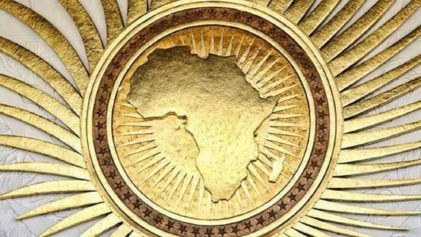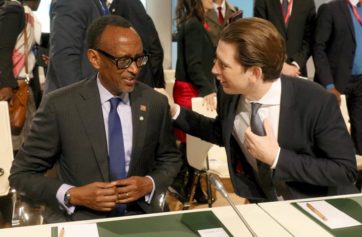The African Union (AU) is now 50 years old. Amid the celebrations this week, the AU – which was established as the Organization of African Unity (OAU) in 1963 – needs to take stock of its strengths and weaknesses as an intergovernmental organization designed to promote the pan-African agenda politically and economically.
As articulated by the leading figures of pan-Africanism, that agenda consists of a three-dimensional project of political self-determination, economic self-reliance, and solidarity in the promotion and defense of African interests nationally and internationally.
The OAU came into existence as a compromise between the radical pan-Africanism of leaders such as Kwame Nkrumah, who advocated a union government and a continental military high command, and the more conservative outlook of the pro-western leaders of Nigeria, Ivory Coast and Liberia, who insisted on a gradual approach to African economic and political integration.
Despite the antagonistic positions separating them, the groups were both favorable to setting up a pan-African institution based on the principles of state sovereignty, non-interference in the internal affairs of member states, and the inviolability of national boundaries.
Within the global context of the cold war, the more limited goals of the OAU were (1) the total independence of Africa from colonialism and white settler rule; (2) the peaceful resolution of interstate conflicts through negotiation, mediation and conciliation; and (3) greater solidarity and economic cooperation.
Decolonization and majority rule, particularly in the colonial-settler states of Algeria, Kenya and South Africa where racism was institutionalized, were a major achievement of the project. The culminating event was the liberation of South Africa from apartheid in 1994, ending 82 years of struggle led by the African National Congress and 31 years of support by the continent through the OAU.
Read more


